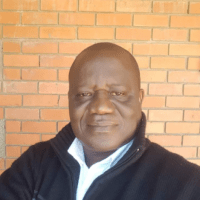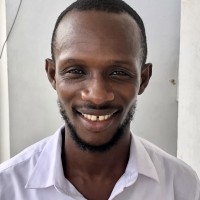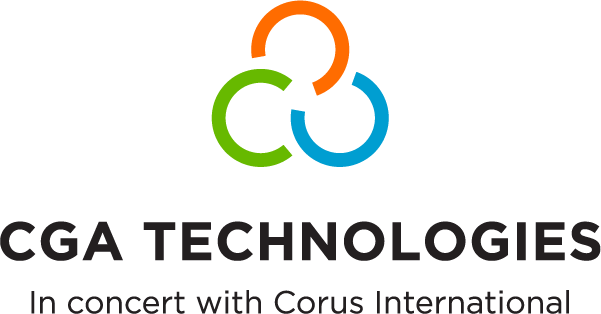Assessment of UNFPA's Global Programme to End Child Marriage
In 2016 UNFPA and UNICEF launched Global Programme to End Child Marriage, a 15-year programme contributing to Sustainable Development Goal (SDG) target 5.3, which aims to eliminate all harmful practices, including child marriage.
The Global Programme targets adolescent girls (ages 10–19) at risk of child marriage or already in union, in 12 selected countries with high prevalence of child marriage, including Sierra Leone.
Following the end of Phase II (2020-2023) of the programme, UNFPA Sierra Leone contracted CGA Technologies to conduct an assessment to inform its third and final phase (2024-2030).
| Country/Region: | Sierra Leone |
| Dates/Duration: | 2023 - 2024 |
| Funded by: | UNFPA |
Background
Activities under the Global Programme to End Child Marriage in Sierra Leone focus on four districts identified as having the highest prevalence of child marriage, teenage pregnancy and other harmful practices – Koinadugu, Pujehun, Kambia and Moyamba.
The project has a number of different activities including: One Stop Centres, Safe Spaces, Sexual and Reproductive Health (SRH) Hubs, a 116 Toll Free line for Gender Based Violence (GBV) survivors, and additional programme approaches, such as Life Skills Interventions, intergenerational dialogues, community engagements, boys clubs, and adolescent friendly SRH and GBV services.
Activities and Outputs
The aim of CGA Technologies’ assessment is to:
-
Assess lessons learned in the current phase
-
Explore perceptions of different stakeholders on the different aspects of the project
-
Develop recommendations for the next phase of the project, and
-
Highlight enabling factors, successes and challenges encountered.
During the contract, CGA Technologies will undertake qualitative research at national and sub-national level, targetting two of the four operational districts - Koinadugu and Pujehun. Activities will include key informant interviews and focus group discussions with multiple stakeholders including: direct beneficiaries, community members and leaders, religious leaders, partners, and local authority representatives.
Team
-

Muniru Kawa
-

Sheriff Conteh
-

Nancy Makande
-

Alimatu Sesay

